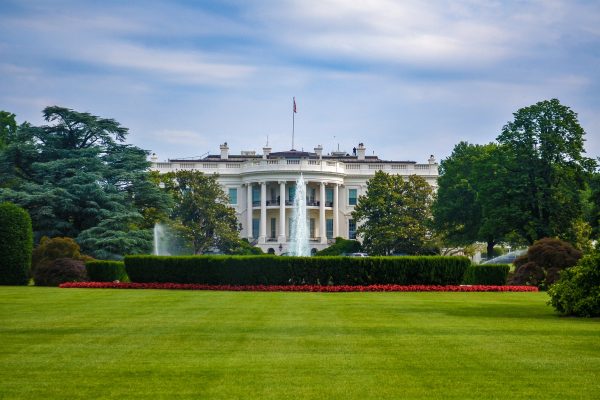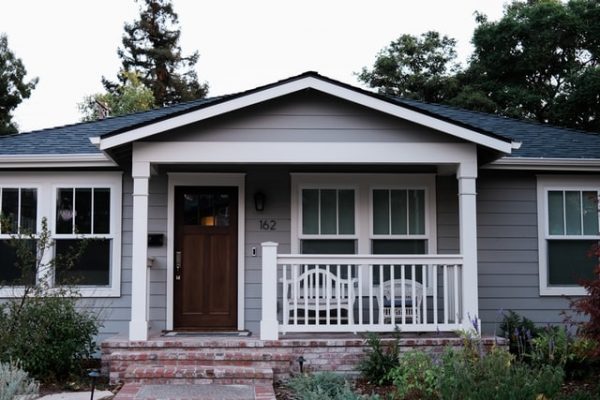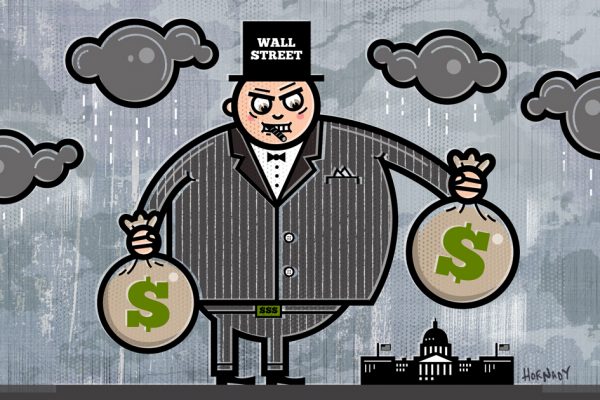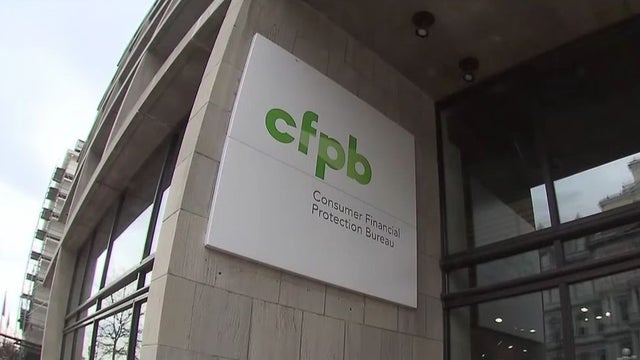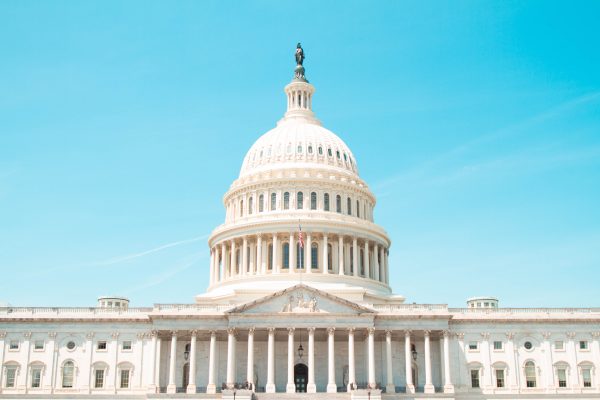Letter to the Administration: Letter Calling for Faster Pace in Appointing Financial Regulatory Positions
AFR sent a letter urging the Biden Administration to take a faster pace in filling key regulatory and financial policy positions. The letter calls out how the Administration’s slow pace in these appointments has undermined its racial justice and climate change agendas.

